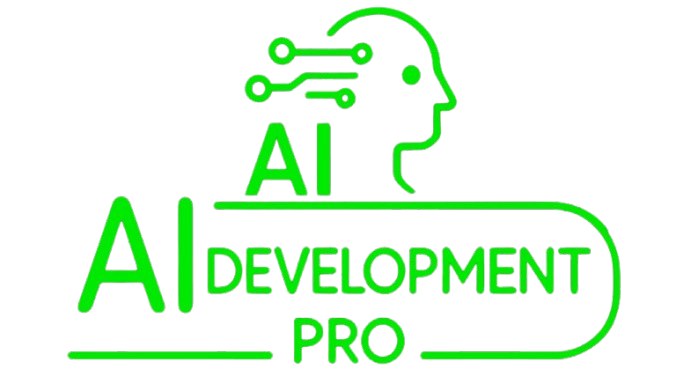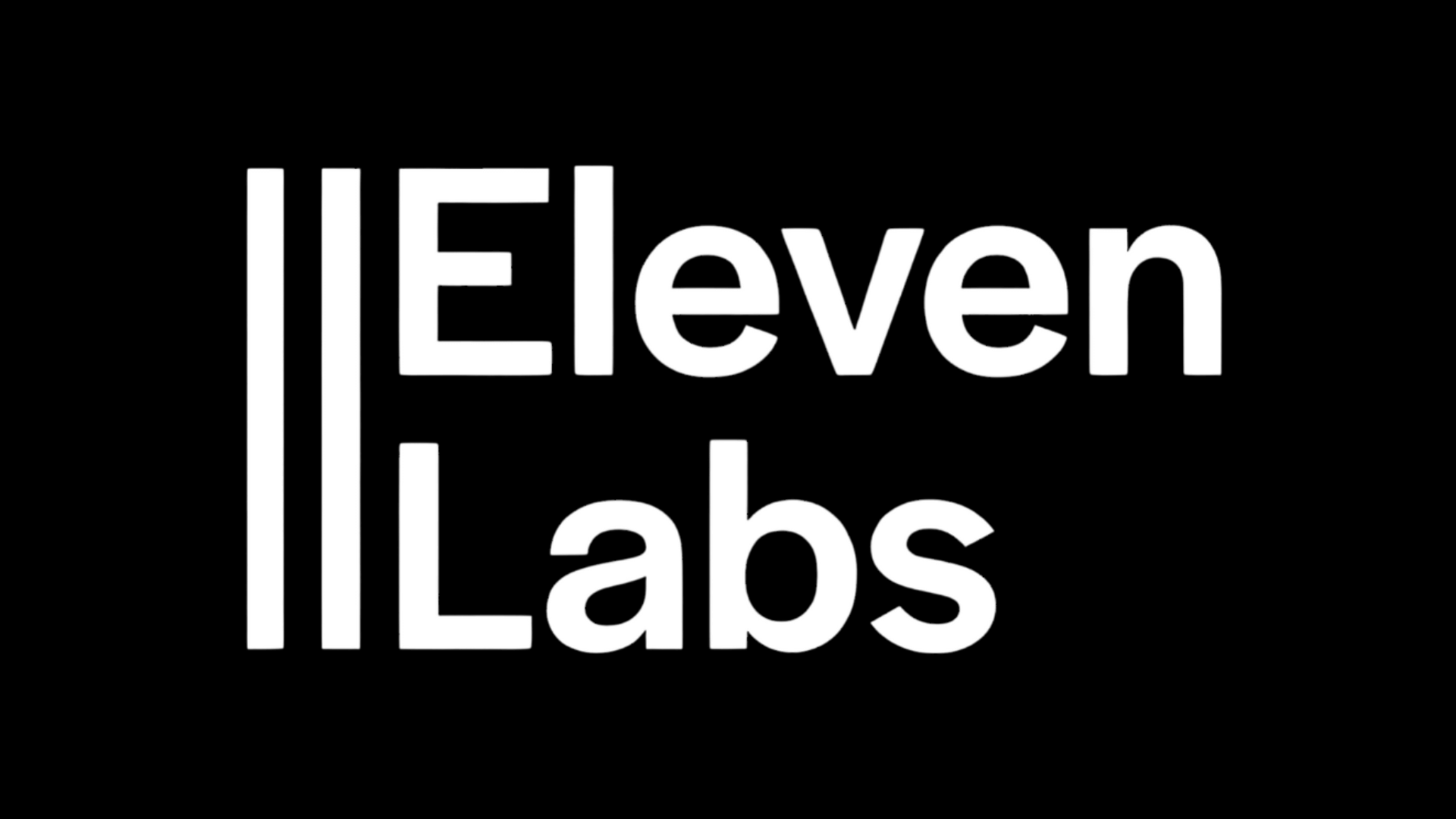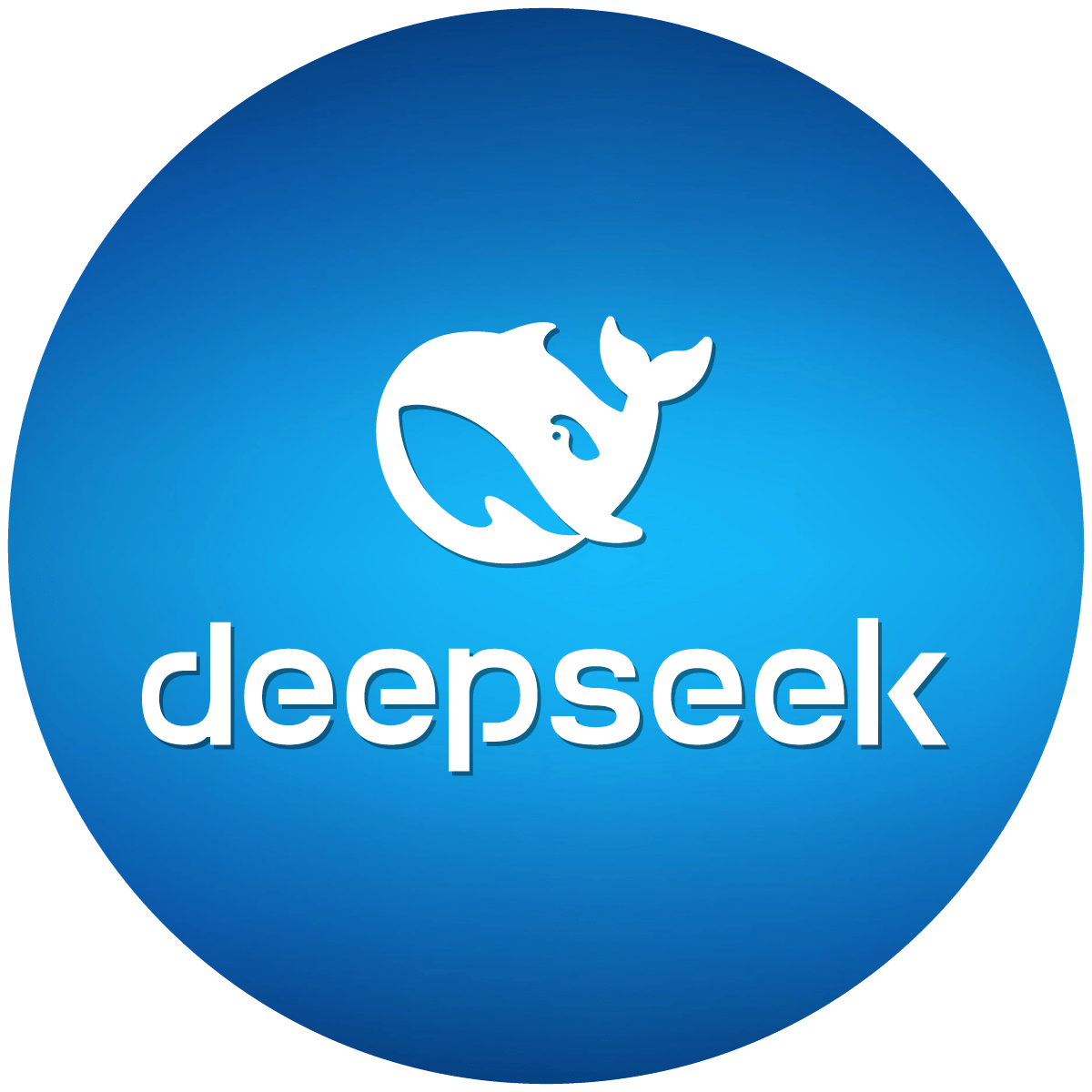

best ai tools for affiliate marketing in the 2025
Best AI Tools for Affiliate Marketing in the 2025
The world of affiliate marketing is evolving rapidly, and artificial intelligence (AI) is at the forefront of this transformation. As we step into 2025, leveraging the best AI tools for affiliate marketing has become essential for maximizing efficiency, optimizing campaigns, and boosting revenue. These tools help automate tasks, analyze data, and personalize content, giving marketers a competitive edge. Whether you're a beginner or a seasoned affiliate marketer, integrating AI into your strategy can significantly enhance performance. In this article, we'll explore the best AI tools for affiliate marketing in 2025, their features, and how they can help you achieve better results.
AI-Powered Content Creation Tools
Creating high-quality content is crucial for successful affiliate marketing, and AI-powered tools have revolutionized this process. Platforms like Jasper AI and Copy.ai use advanced natural language processing (NLP) to generate engaging blog posts, product reviews, and social media captions. These tools analyze top-performing content in your niche and produce SEO-optimized articles that resonate with your audience.
For example, Jasper AI offers templates specifically designed for affiliate marketers, such as product comparison guides and listicles. By inputting a few keywords, the tool can generate a draft in minutes, saving hours of manual writing. Additionally, AI content tools can adapt tone and style to match your brand voice, ensuring consistency across all platforms. To get the most out of these tools, always review and refine the generated content to add a personal touch and maintain authenticity.
AI-Driven SEO and Keyword Research
SEO remains a cornerstone of affiliate marketing, and AI has made keyword research more precise than ever. Tools like Surfer SEO and Ahrefs now incorporate AI to analyze search trends, competition, and user intent. These platforms provide actionable insights, helping you identify high-converting keywords with lower competition.
Surfer SEO, for instance, uses AI to evaluate top-ranking pages and suggests on-page optimizations, such as ideal word count, header structure, and keyword density. This ensures your content aligns with search engine algorithms, improving visibility and organic traffic. Another powerful tool, SEMrush, leverages AI to track ranking fluctuations and recommend adjustments in real time. By integrating these tools into your strategy, you can stay ahead of algorithm updates and maintain a competitive edge in 2025.
Chatbots and Conversational AI for Lead Generation
Engaging potential customers in real time is critical for affiliate marketing success, and AI-powered chatbots have become indispensable. Tools like ManyChat and Drift use machine learning to simulate human-like conversations, guiding visitors through the sales funnel. These chatbots can answer queries, recommend products, and even process orders without human intervention.
For example, if a visitor lands on your affiliate site and asks about the best fitness trackers, a chatbot can instantly provide personalized recommendations based on their preferences. It can then direct them to your affiliate links, increasing the chances of conversion. To maximize effectiveness, ensure your chatbot scripts are well-crafted and include clear calls-to-action (CTAs). Additionally, regularly update the chatbot's knowledge base to reflect the latest product trends and customer queries.
Predictive Analytics for Performance Optimization
Understanding customer behavior and predicting trends is where AI truly shines. Predictive analytics tools like HubSpot and Google Analytics 4 use AI to analyze user data and forecast future actions. These insights help affiliate marketers tailor their strategies for higher conversions.
For instance, Google Analytics 4's AI capabilities can identify which affiliate products are likely to perform well in specific demographics. It can also predict drop-off points in your sales funnel, allowing you to make data-driven adjustments. Similarly, HubSpot's predictive lead scoring ranks prospects based on their likelihood to convert, enabling you to focus efforts on high-potential leads. By leveraging these tools, you can allocate resources more efficiently and maximize ROI.
AI-Enhanced Email Marketing Platforms
Email marketing remains one of the most effective channels for affiliate promotions, and AI has taken it to the next level. Platforms like Mailchimp and ActiveCampaign now offer AI-driven features such as subject line optimization, send-time predictions, and personalized content recommendations.
Mailchimp's AI, for example, analyzes subscriber behavior to determine the best time to send emails for maximum open rates. It also suggests subject lines that are more likely to grab attention. ActiveCampaign goes a step further by using AI to segment audiences based on engagement levels, ensuring that each subscriber receives relevant offers. To enhance your email campaigns, AB test different AI-generated variations and continuously refine your approach based on performance metrics.
Automated Social Media Management
Managing multiple social media platforms can be time-consuming, but AI tools like Hootsuite and Buffer simplify the process. These platforms use AI to schedule posts, analyze engagement, and even suggest content ideas.
Hootsuite's AI features, for instance, can predict the best times to post based on your audience's activity patterns. It also provides sentiment analysis, helping you gauge how followers feel about your affiliate products. Buffer's AI assistant can generate post captions and hashtags, streamlining content creation. To make the most of these tools, maintain a consistent posting schedule and use AI insights to refine your social media strategy over time.
AI-Powered Ad Optimization Tools
Running paid ads is a common strategy for affiliate marketers, and AI has made ad optimization more efficient. Tools like AdEspresso and WordStream use machine learning to test ad variations, allocate budgets, and target the right audiences.
AdEspresso's AI analyzes thousands of ad combinations to identify the top-performing creatives and copy. It then automatically scales the winning ads, reducing manual effort. WordStream's AI, on the other hand, provides real-time recommendations for improving ad relevance and click-through rates. To succeed with AI-driven ad optimization, continuously monitor performance and adjust bids based on AI insights.
Support our work by sharing on multiple social platforms. Join our community







